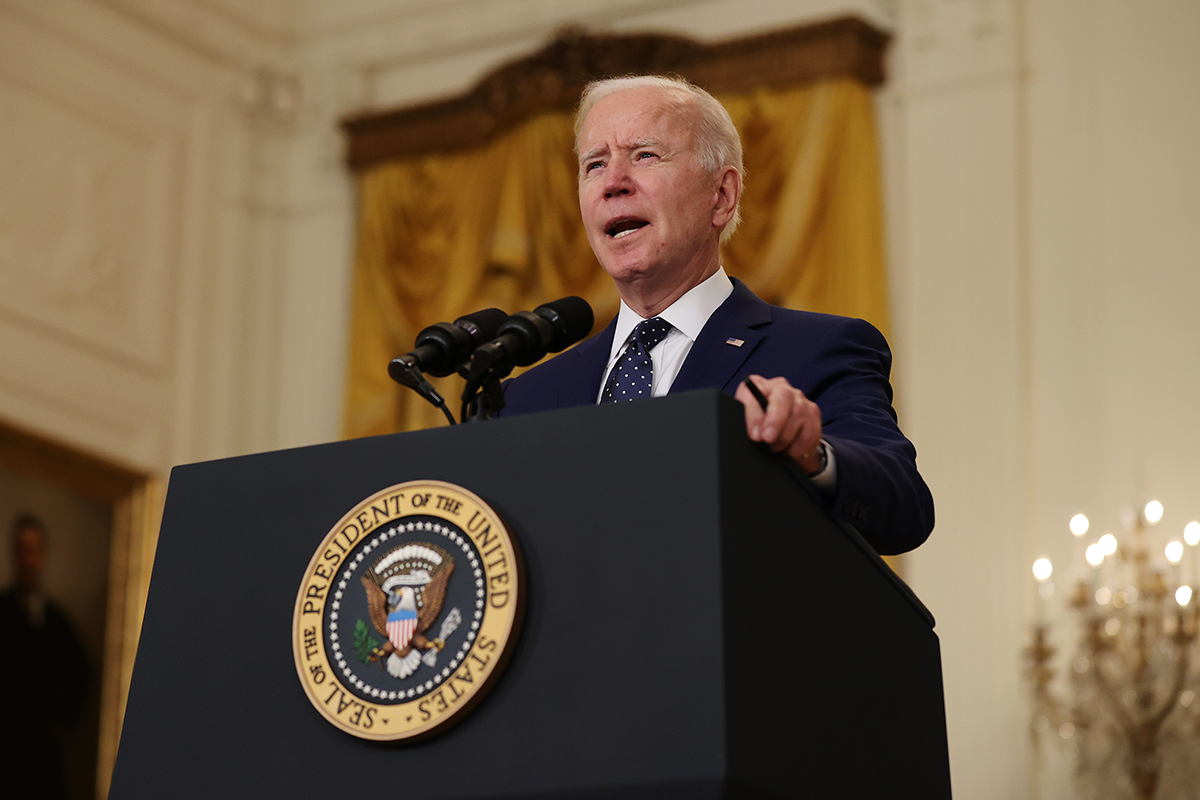Why Donald Trump is so Hard to Defeat
As the race for the Republican Party’s candidacy heats up, a New York Times/Siena College poll of probable Republican primary voters has shed light on the current frontrunners. Former President Donald Trump leads the pack with an impressive 37-point advantage over Florida Governor Ron DeSantis. While history suggests that a substantial lead at this stage bodes well for securing the party’s nomination, the road to the Republican ticket remains far from certain.
The Trump base, affectionately referred to as the MAGA base, constitutes a significant portion of the Republican electorate. Comprising 37% of the party, these supporters are deeply devoted to Trump and hold moderate, populist views. Despite some criticisms and controversies surrounding Trump’s tenure, the MAGA base remains fiercely loyal, dismissing allegations of severe federal offenses and demonstrating unwavering support for the former president amid ongoing investigations.
On the other hand, the Republican electorate is also divided into two distinct groups. While the MAGA base stands firmly behind Trump, a sizable segment of voters remains undecided, open to alternatives, or even critical of Trump. This group, though somewhat conservative and moderately supportive of both Trump and DeSantis, diverges on key policy issues, making unification challenging for any candidate vying to challenge Trump’s stronghold.
Governor Ron DeSantis, considered a formidable contender early on, faced obstacles in winning over both conservative and moderate Trump skeptics. His focus on issues like combating “woke” culture and easing COVID-19 restrictions initially garnered attention and support from various factions of the party. However, recent events have led to dwindling appeal among Trump skeptics, creating an opportunity for other contenders to gain traction.

With a crowded field of candidates like Chris Christie, Tim Scott, Mike Pence, Nikki Haley, and Vivek Ramaswamy each garnering support between 5% and 10%, DeSantis struggles to capture voters who remain undecided or reluctant to back Trump against a hypothetical general election rematch with President Biden.
As the Iowa caucuses approach, the dynamics of the Republican primary remain fluid. Trump’s commanding lead in the polls showcases his devoted following, making him a formidable force to beat. However, the diverse landscape of the Republican electorate and the challenge of unifying voters around a single candidate underscore the unpredictable nature of the race.
In the coming months, candidates will need to navigate these complexities and appeal to a broad spectrum of Republican voters to secure the party’s nomination. While Trump’s support remains steadfast among the MAGA base, winning over the rest of the party will require strategic messaging, alignment with key issues, and adept debate performances.
As history has shown, no candidate leading their closest rival by 20 points or more has ever lost the party’s nomination in modern presidential primaries. Will the pattern hold, or will the 2024 Republican primary deliver a surprise twist? Only time will tell, and until then, the contenders will continue their campaigns, seeking to strike a chord with Republican voters across the nation.




